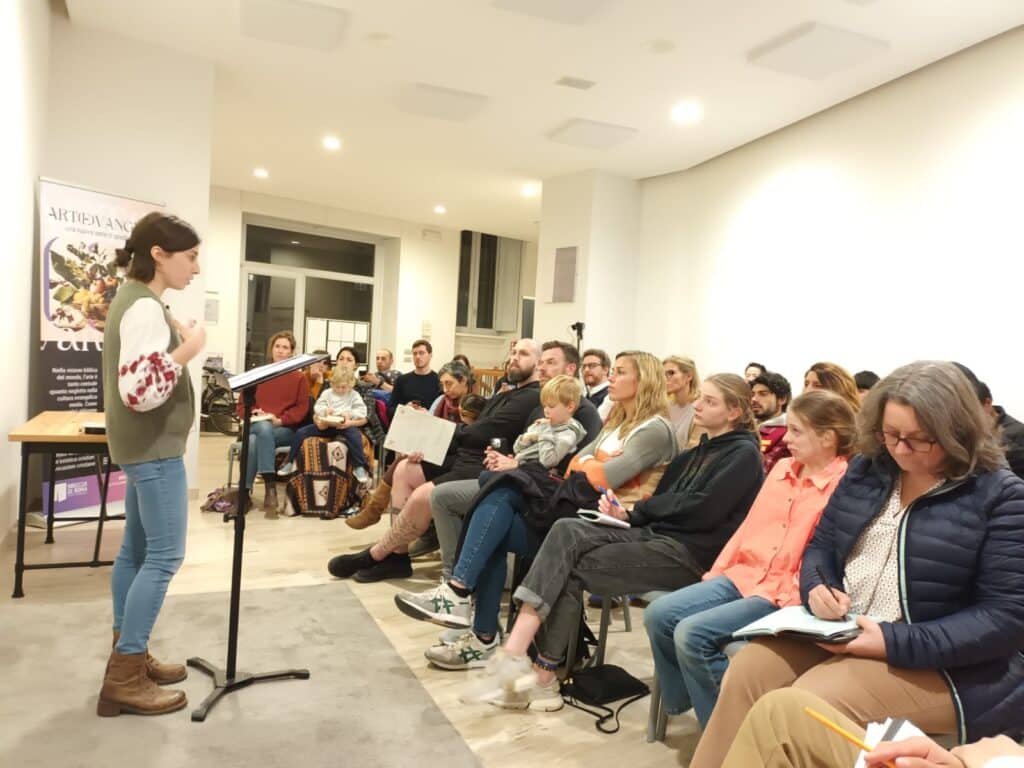- Melbourne Tribunal to hear “monumental” free speech challenge from 31st March-4th April
- Musk’s “X” and Canadian “Billboard Chris” bringing case against Australian “eSafety Commissioner” for censoring online post criticizing gender ideology
- VP Vance, Secretary of State Rubio have raised repeated concerns about the impact of censorial foreign governments on American-based social media platforms

MELBOURNE (27 March 2025) – The Administrative Review Tribunal in Melbourne is set to hear a “monumental” free speech case next week, commencing March 31st, as concerns mount worldwide about online censorship.
Canadian internet sensation and children’s safety campaigner “Billboard Chris” (Chris Elston), alongside Elon Musk’s U.S.-based social media platform “X”, will challenge the Australian authorities’ decision to censor an online post criticizing gender ideology across Australia.
The case demonstrates the tangible reality of global censorship concerns raised repeatedly by Vice-President J.D. Vance, both at a Munich Security Conference in February and in a press conference with UK Prime Minister Keir Starmer.
Speaking about free speech restrictions in the context of the UK, Vance said:
“We also know that there have been infringements on free speech that actually affect not just the British — of course what the British do in their own country is up to them — but also affect American technology companies and, by extension, American citizens.”
Speaking recently in Paris, Vance added that while “we want to ensure the internet is a safe place”, restrictions on online content should focus on protecting children from predatory abuse, rather than preventing “a grown man or woman from accessing an opinion that the government thinks is misinformation.”
The actions of the eSafety Commissioner demonstrate a concerning rise in censorship in the digital age – where bureaucracies can subjectively interpret which speech is deemed “offensive” or “wrong”, leading to the curtailment of free speech rights.
Robert Clarke, Director of Advocacy for ADF International, which is backing Elston’s legal defence, said:
“The decision of Australian authorities to prevent Australian citizens from hearing and evaluating information about gender ideology is a patronizing affront to the principles of democracy.
“The confidence of the Australian eSafety commissioner to censor citizens of Canada on an American platform, shows the truly global nature of the free speech crisis.
“Speaking up for free speech is critical at this juncture, and we’re proud to be backing Billboard Chris as he does just that.”
Chris Elston, a.k.a “Billboard Chris”, commented:
“My case is an example of the free speech crisis here in Australia and across the West. More and more, the public is waking up to the fact that puberty blockers are a form of child abuse. Gender ideology can only thrive under censorship – when we are deprived of shining a light on the madness.”
THE CASE: Freedom of online speech in the balance
On 28 February 2024, Elston took to “X” to share a Daily Mail article titled “Kinky secrets of UN trans expert REVEALED”.
The article, and accompanying tweet, criticised the appointment of Australian transgender activist Teddy Cook to a World Health Organization “panel of experts” set to advise on global transgender policy.
Cook complained about the post to Australia’s eSafety Commissioner, who requested that “X” remove the content. The social media platform owned by free speech advocate Elon Musk initially refused, but following a subsequent formal removal order from the Commissioner, later geo-blocked the content in Australia. X has since also filed an appeal against the order at the Administrative Review Tribunal in Melbourne.
Billboard Chris, with the support of ADF International and the Australian Human Rights Law Alliance, and alongside Elon Musk’s “X”, is appealing the violation of his right to peacefully share his convictions.
The case will be heard in Melbourne for five days on the week beginning March 31st.
Members of the public are invited to support Chris’s legal case here.




